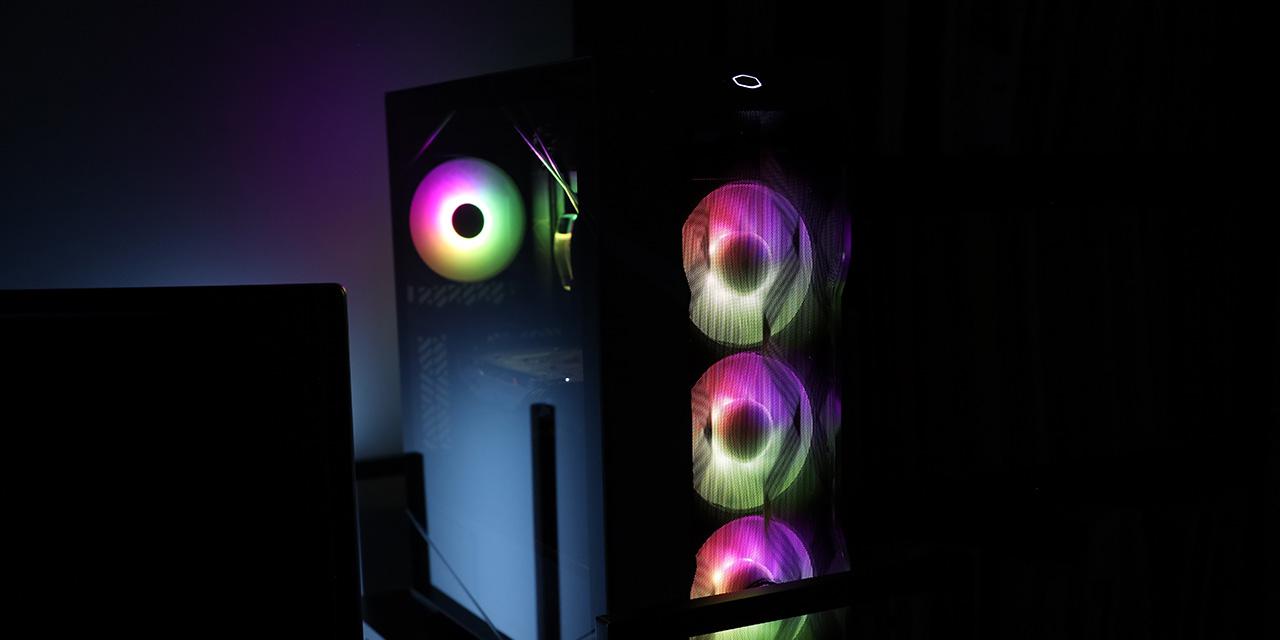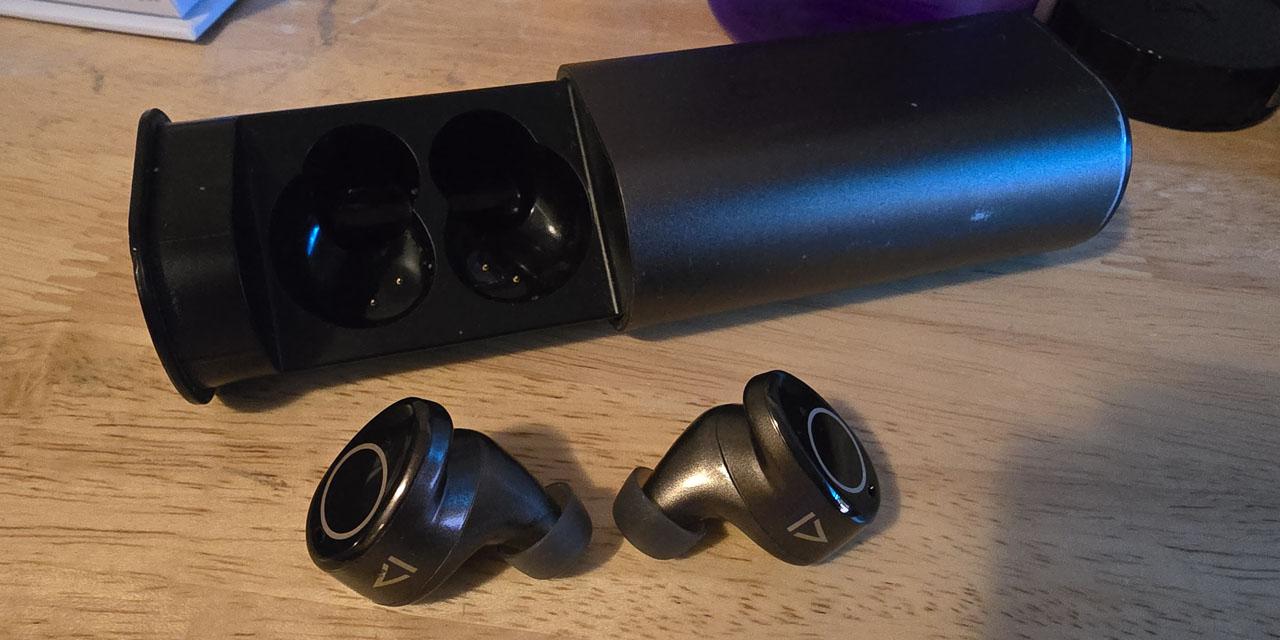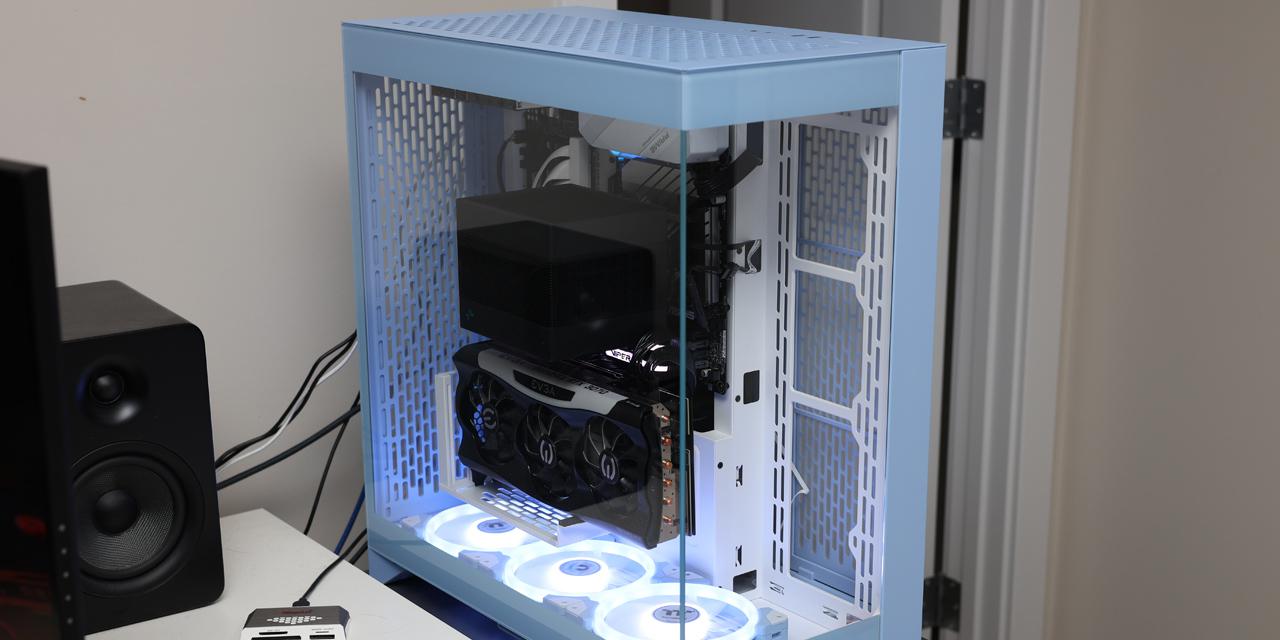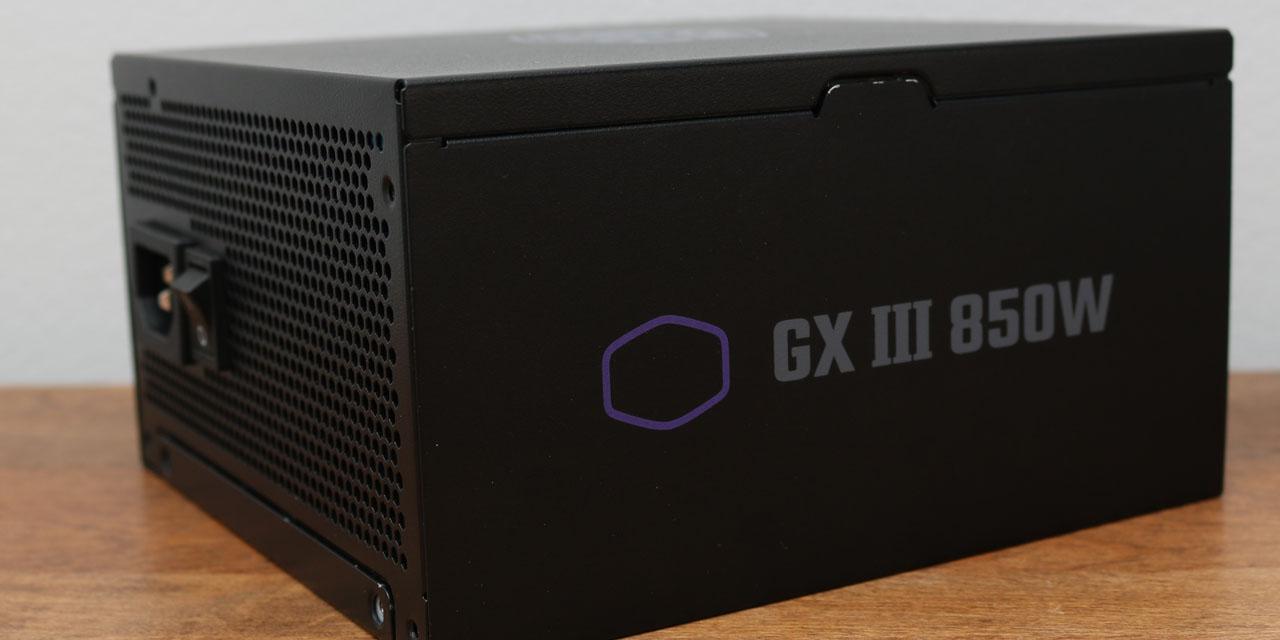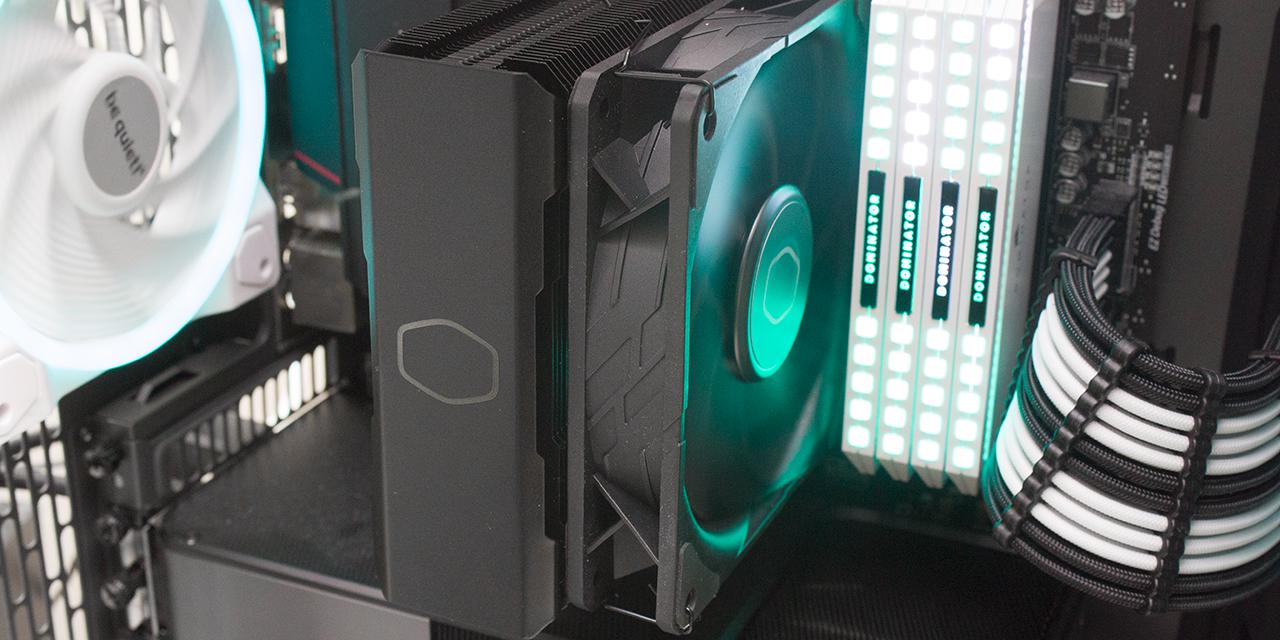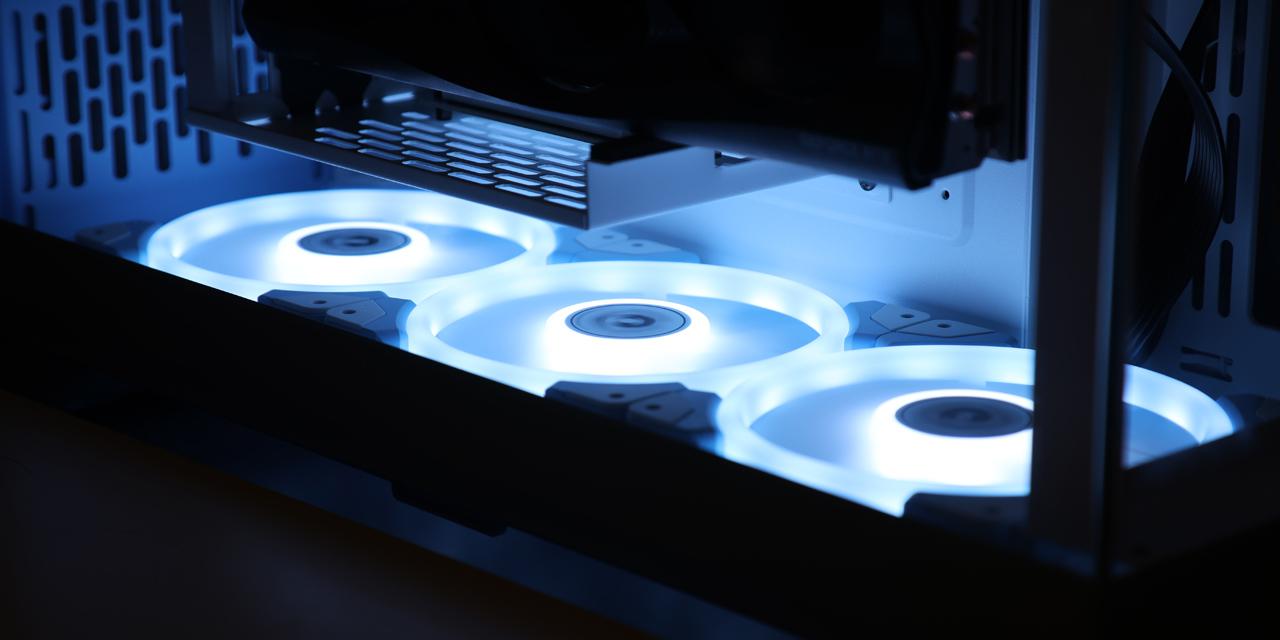|
From X-bit Labs: Samsung Electronics on Thursday unveiled the world’s first Chromebook – a personal computer running Google Chrome operating system – with ARM Cortex-A15 technology-based system-on-chip. The novelty is projected to offer similar capabilities to x86-powered Chromebooks, but at much lower price, which starts at $249. Samsung Chromebook 11.6” XE303C12 is based on Samsung Exynos 5250 system-on-chip with two ARM Cortex-A15 general purpose cores and high-performance ARM Mali graphics core. The netbook features display with 1366*768 resolution, 2GB of DDR3L memory, 16GB solid-state storage (in addition to 100GB Google Drive cloud storage) and so on. In general, the device is comparable to x86-based Chromebooks that Samsung launched earlier this year, but at the same time it costs just $249, much less than x86-powered brethren. Even though ARM processors typically consume less energy than x86 chips, the Chromebook is much thicker and heavier than many ultra-thin notebooks: it weighs 1.13 kilograms (2.5 pounds) and is 2 centimeters (0.8”) thick. Moreover, battery life of the Chromebook 11.6” XE303C12 is just 6.5 hours, which may be good for a $249 machine, but hardly impressive by today’s standards in general. With the Chrome operating system, users can get online in seconds, load web pages with incredible speed and access all of your favorite apps in one click through the app launcher. Security features are built-in and updated to defend against the ongoing threat of malware and viruses, reducing the need for users to install anti-virus software. Built-in cloud storage enables both Chromebook and Chromebox users to access their files securely from anywhere, and sync technology backs up all of your preferences, bookmarks and apps, so you can easily access them from a Chrome browser on another device. The core of each Chrome PC is the Google Chrome web browser. Google hopes that end-users will make use of various Internet-based applications than traditional programs. Chrome OS employs the principle of "defense in depth" to provide multiple layers of protection, including sandboxing, data encryption and verified boot. The web does have a lot of various applications, however, their capabilities, performance and quality are much lower compared to traditional programs. Google hopes that with HTML5 and other open standards, web applications "will soon be able to do anything traditional applications can do, and more". This, however, is unlikely to happen since traditional programs are not standing still. Moreover, it is rather hard to expect Chrome PCs to be as capable as a fully-fledged desktop or notebook computers. View: Article @ Source Site |
 |
Google and Samsung Unleash Chromebook for Everyone
© Since 2005 APH Networks Inc. All trademarks mentioned are the property of their respective owners.
